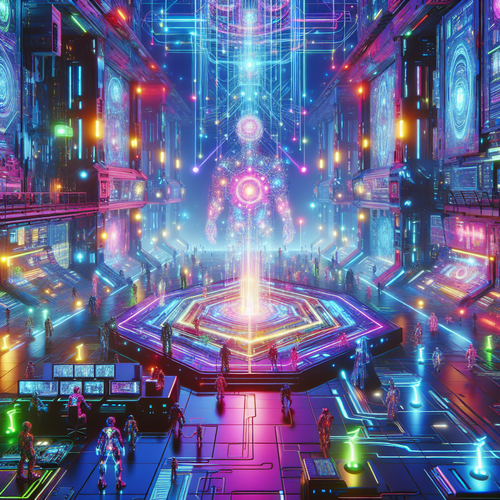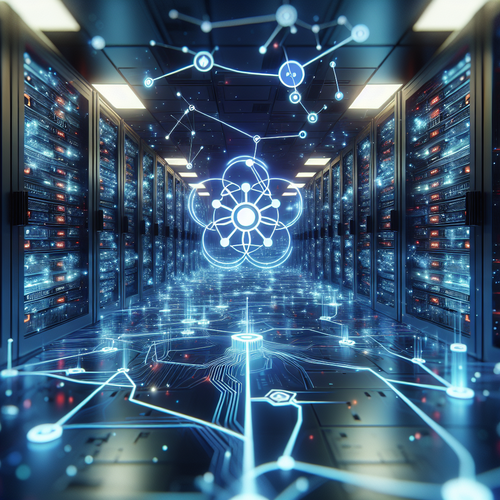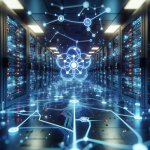
The Impact of AI on Gaming: A New Era of Interactive Experience
The Impact of AI on Gaming: A New Era of Interactive Experience
Artificial Intelligence (AI) is revolutionizing various industries, and gaming is no exception. From enhancing player interactions to generating more realistic environments, the rise of AI in gaming marks the beginning of a new era.
The Role of AI in Game Development
AI technologies are increasingly becoming integral to game development. Developers utilize AI for several purposes:
- Procedural Content Generation: AI algorithms can create extensive gaming worlds with minimal human input. This capability leads to unique gaming experiences with every playthrough.
- Behavioral Modeling: AI can simulate human-like behaviors in non-playable characters (NPCs), which enhances realism and challenges for players.
- Dynamic Difficulty Adjustment: AI analyzes player performance and adjusts the game’s difficulty level in real-time, keeping players engaged without overwhelming them.
Enhancing Gameplay Experience
AI’s integration into gaming goes beyond back-end development; it enriches gameplay in several ways:
- Intelligent NPCs: AI-driven characters react to player actions, creating a more interactive and immersive experience. Games like The Last of Us Part II showcase how NPC behavior can adapt to player movements and choices, providing unique encounters.
- Realistic Environments: AI enhances environmental graphics, making worlds more believable. Technologies like ray tracing simulate light and shadows, resulting in visually stunning gameplay.
- Enhanced Storytelling: AI algorithms can create multiple storylines based on player decisions, contributing to narrative depth and personalized experiences.
Future Trends in AI Gaming
The future of AI in gaming looks promising. Here are some anticipated trends:
- Advanced Machine Learning: As machine learning progresses, AI will understand player preferences better, paving the way for tailored gaming experiences.
- Mixed Reality Environments: Combining virtual and augmented reality with AI will create more immersive experiences. Players will seamlessly interact with digital elements in the real world.
- AI-Powered Game Testing: Developers will rely on AI to automate game testing processes, identifying bugs and enhancing quality assurance more efficiently than traditional methods.
Challenges and Considerations
While the prospects for AI in gaming are exciting, challenges exist:
- Ethical Concerns: The use of AI raises questions about data privacy and fairness, especially in competitive gaming environments.
- Job Displacement: As AI capabilities increase, there are concerns regarding job security for game designers and testers. The industry must find a balance between automation and human creativity.
Conclusion
AI is undeniably reshaping the gaming landscape, ushering in a new era of interactive experiences. As technology evolves, so too will the possibilities within the gaming realm. Developers and players alike must adapt to these changes, embracing the opportunities AI presents while addressing the associated challenges.
For further insights on how AI influences other sectors, check out our post on Harnessing the Power of AI for Enhanced Data Analytics.












